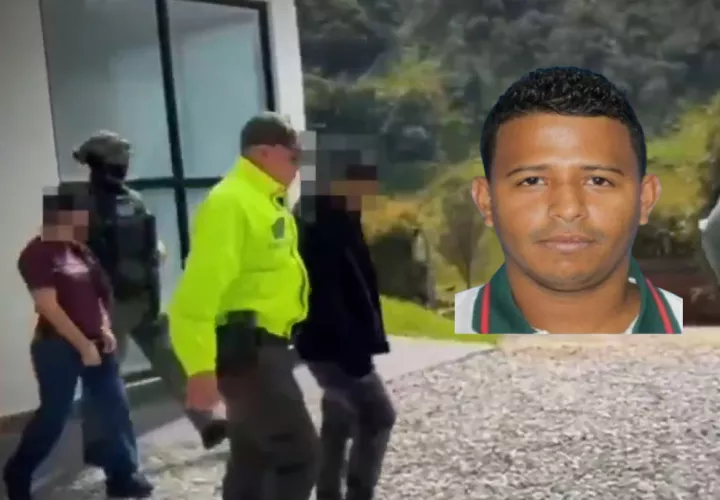Chauvin had a track record of excessive force

AFP Derek Chauvin, the former white police officer convicted Tuesday in the United States of killing African-American George Floyd during his arrest, had a history of excessive use of force prior to this case that the prosecution called a “shocking abuse of authority.”
Chauvin knelt on the neck of 46-year-old Floyd for more than nine minutes on a Minneapolis street on May 25, 2020, despite pleas from the detainee and those of shocked bystanders who videotaped the agony.
The death of Floyd, arrested for allegedly buying cigarettes with a fake $ 20 bill, shocked the United States and the world, sparking massive protests against racial injustice and police brutality.
During the three-week trial, Chauvin’s attorney, Eric Nelson, said that his client “exuded a calm and professional demeanor” in detaining Floyd, and tried to convince the jury that he “did not use illegal force on purpose,” but who acted according to his training.
But the prosecution successfully argued that Chauvin had used excessive force, not only on Floyd but on others he arrested during his 19-year career in the force.
In closing arguments Monday, prosecutor Steve Schleicher described Chauvin’s actions as a “shocking abuse of authority.”
Those who know Chauvin said he used more force than necessary in his arrests.
The prosecution exhibited several examples of his “modus operandi,” including the case of Zoya Code, a young black woman arrested in 2017 accused of violence by her mother.
He leaned on my neck,” Code recently said of Chauvin. Frustrated and annoyed, she challenged him to push harder. “So he did. Just to shut me up, “she said.
Andre Balian, a kung fu instructor who trained with Chauvin about 20 years ago, said there was “no way” the ex-cop wouldn’t realize the damage he was doing or was capable of doing. In an interview with AFP last June, Balian remembered Chauvin as a “jerk.”
The incident that killed George Floyd sparked multiple protests throughout the North American community.
Few details have been leaked about Chauvin, but former colleagues on condition of anonymity sketched in the media the portrait of a silent, uncompromising, and workaholic man who often patrolled tough neighborhoods.
His commitment earned him four medals throughout his career. But it also racked up 22 lawsuits and internal investigations, according to a public record that does not include the details.
Only one of these complaints, filed by a white woman who in 2007 for speeding was violently pulled from her car despite her baby’s crying, was followed by a letter of reprimand.
On weeknights, Chauvin worked long security at a Minneapolis nightclub, El Nuevo Rodeo, where his heavy-handed methods also left a bitter memory.
Former owner Maya Santamaría spoke in the press about a “a little racist” man who made generous use of tear gas at the slightest incident.
Coincidentally, Floyd worked as a janitor at the same establishment, but it is not known if they ever met.
Lonely at work, Chauvin had married a refugee from Laos in 2010. Last May, she filed for divorce.
Since then, a court has opened a tax fraud lawsuit against the couple and, in November, a judge rejected their divorce agreement that called for all their property to be transferred to his wife, Kelly Xing-Chauvin.
That arrangement would have protected the funds if Chauvin had been ordered to pay significant damages.
In addition to the criminal proceedings now concluded, the former police officer was the subject of civil lawsuits by Floyd’s family, culminating in a settlement in March under which the city of Minneapolis paid $27 million to the African-American’s relatives.
Chauvin, 45, had the opportunity to testify in his own defense, but refused, invoking his constitutional right against self-incrimination.
However, free on bail, he attended the trial every day and often took notes on a yellow pad. The seat behind him reserved for family members was often empty, as Floyd’s relatives took turns going throughout the trial.
When the verdict was read, Chauvin, dressed in his usual gray jacket, did not show much emotion, except for his eyes, which were increasingly agitated when he was found guilty of each of the three charges against him: murder in second. and third-degree and second-degree manslaughter.
Chauvin was immediately handcuffed and jailed after the verdict was announced and is now awaiting sentencing.





